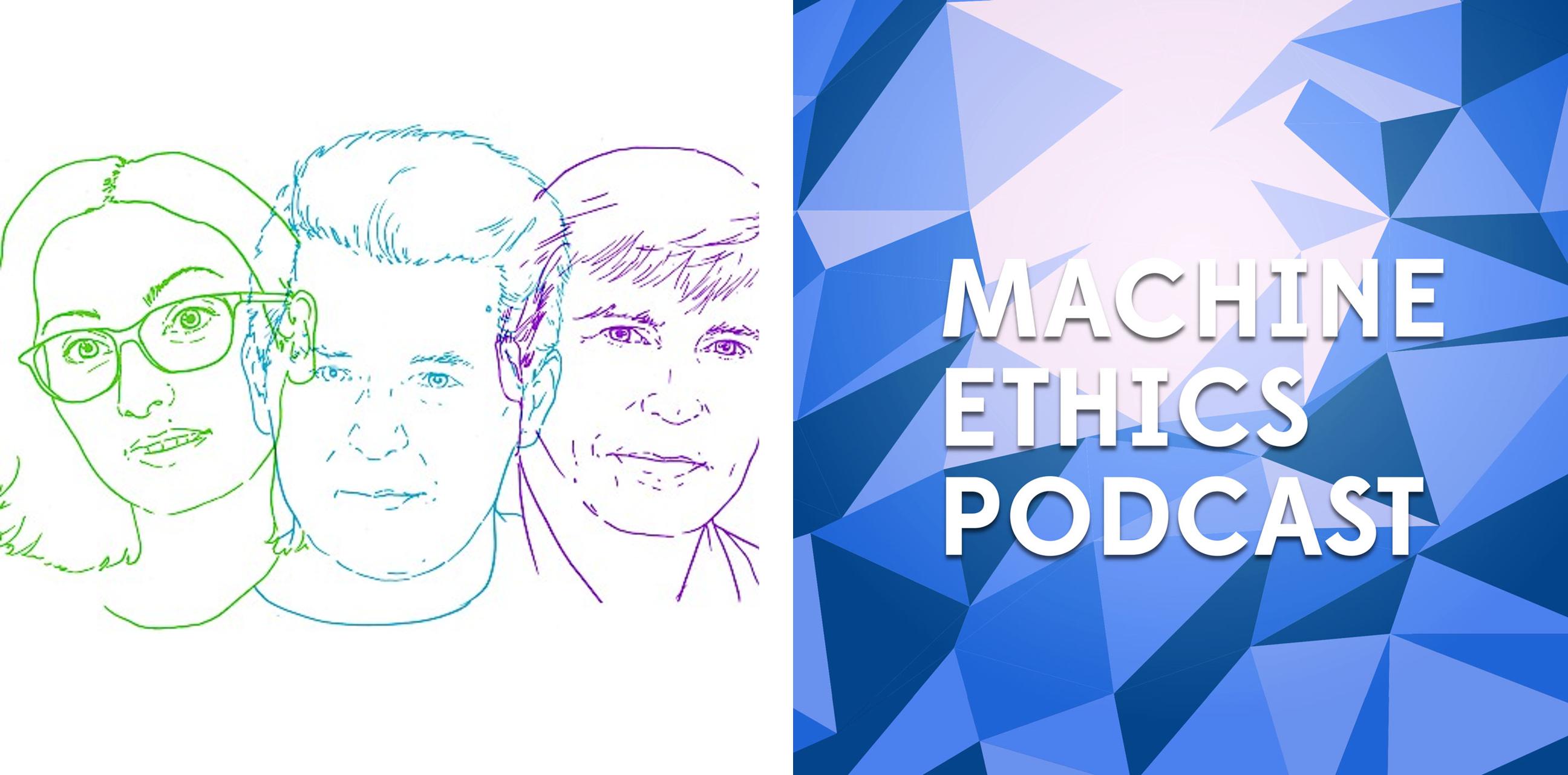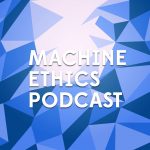
ΑΙhub.org
The Machine Ethics podcast DeepDive: AI and games

Hosted by Ben Byford, The Machine Ethics Podcast brings together interviews with academics, authors, business leaders, designers and engineers on the subject of autonomous algorithms, artificial intelligence, machine learning, and technology’s impact on society.
DeepDive: AI and games
This first Deepdive episode we talk to Amandine Flachs, Tommy Thompson and Richard Bartle about AI in games, its history, its uses and where it’s going. We discover non-player characters (NPCs), games as a test bed for AI research, different game AI techniques, back office uses of AI, job displacement, bad actors and possible futures…
Listen to the episode here:
Amandine Flachs is the CEO & co-founder of WildMeta. After supporting startups founders for more than 10 years, she is now looking to help game developers create smarter and more human-like game AIs using machine learning. Amandine is still involved in the startup ecosystem as a mentor, venture scout and through her series of live AMAs with early-stage entrepreneurs. She can be found on Twitter @AmandineFlachs.
Dr Richard A. Bartle is Honorary Professor of Computer Game Design at the University of Essex, UK. He is best known for having co-written in 1978 the first virtual world, MUD, the progenitor of the £30bn Massively-Multiplayer Online Role-Playing Game industry. His 1996 Player Types model has seen widespread adoption by MMO developers and the games industry in general. His 2003 book, Designing Virtual Worlds, is the standard text on the subject, and he is an influential writer on all aspects of MMO design and development. In 2010, he was the first recipient of the prestigious Game Developers’ Conference Online Game Legend award.
Dr Tommy Thompson has over 15 years experience in artificial intelligence research in games, Tommy sought to provide a more accessible format for his area of expertise to those without the same scholarly background. Releasing the first AI and Games YouTube episode in 2014, Tommy has continued to build upon this small platform to form a company around it. With the YouTube channel amassing over 5 million views and 100,000 subscribers, the fundamentals of what AI and Games has sought to do has never changed. Educate developers and students on how best to utilise AI in their games.
About The Machine Ethics podcast
This podcast was created, and is run by, Ben Byford and collaborators. Over the last few years the podcast has grown into a place of discussion and dissemination of important ideas, not only in AI but in tech ethics generally.
The goal is to promote debate concerning technology and society, and to foster the production of technology (and in particular: decision making algorithms) that promote human ideals.
Ben Byford is a AI ethics consultant, code, design and data science teacher, freelance games designer with over 10 years of design and coding experience building websites, apps, and games. In 2015 he began talking on AI ethics and started the Machine Ethics podcast. Since then, Ben has talked with academics, developers, doctors, novelists and designers about AI, automation and society.
Join in the conversation with us by getting in touch via email here or following us on Twitter and Instagram.








